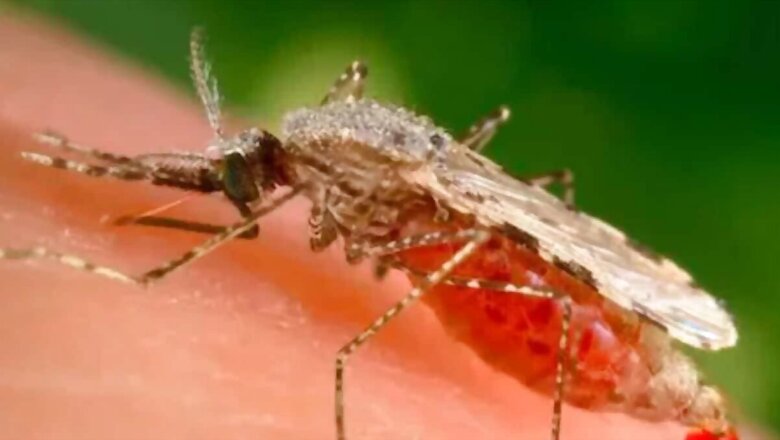
views
As the monsoon has arrived, Kerala’s Idukki district health department has called for increased vigilance and precautionary measures. Here’s everything you need to know about the far-reaching impact of vector-borne diseases and the strategies recommended by global health authorities to contain their spread.
Tragic incidents in Idukki have highlighted the deadly threat posed by mosquito-borne diseases. On May 25, Baiju, a 46-year-old resident of Kanjikkuzhy, succumbed to dengue fever at Kottayam Medical College Hospital. He was initially admitted to a private hospital in Thodupuzha, but his condition deteriorated after being shifted to the medical college. Similarly, on May 17, a 24-year-old man from Maniyarankudi died of West Nile disease at Idukki Medical College Hospital. The patient had contracted the disease while undergoing treatment after a kidney transplant at a private hospital in Kozhikode.
Health experts are increasingly concerned about the impact of climate change on the increase in vector-borne diseases. Rising temperatures and changing weather patterns have expanded the habitat for disease-carrying mosquitoes, increasing the incidence of diseases such as dengue and West Nile.
This trend is particularly concerning for low- and middle-income countries, where health systems are often ill-equipped to deal with such outbreaks. According to the World Health Organization (WHO), 80% of the world’s population is at risk of vector-borne diseases. Transmitted by mosquitoes, flies, bedbugs and other vectors, these diseases result in millions of infections and numerous deaths annually. They disproportionately affect impoverished communities and exacerbate existing health and socioeconomic inequalities.
Indoor Residual Spray (IRS) can be used to curb the spread of diseases in homes. IRS involves spraying insecticides in homes to kill mosquitoes and other disease-carrying insects. Originally targeted at malaria, IRS has also been shown to be effective against other vector-borne diseases.
Health authorities and implementing partners must work closely together in the design, planning and implementation of vector control measures. Adequate health system capacity is necessary to ensure timely and high-quality application of insecticides, which can significantly reduce the incidence of vector-borne diseases.




















Comments
0 comment